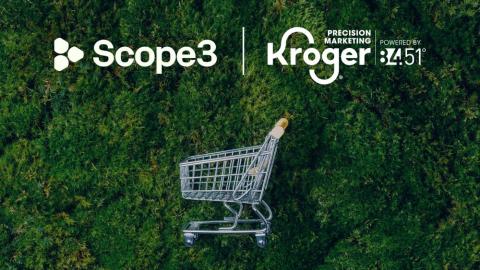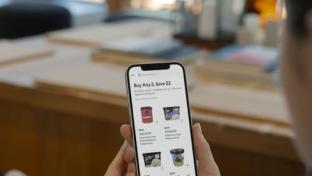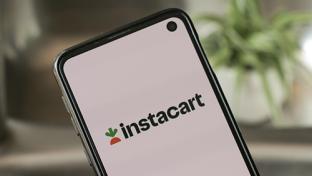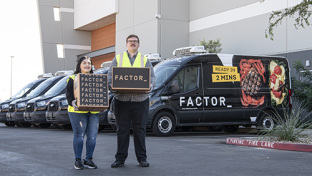Why Grocers, Brands Should Be Thinking About Decarbonizing Retail Media Networks

While companies often focus on tangible things like buildings, transportation modes and product and packaging waste in their sustainability efforts, digital programs also leave a carbon footprint. Kroger Precision Marketing (KPM) aims to reduce that footprint with a new collaboration in the retail media space.
KPM, the retail media business of Kroger powered by 84.51˚, announced that it will be the first retail media network to measure carbon emissions through an agreement with Scope3. That company, run by a fully remote team with members in New York, London, Sydney, Paris and San Francisco, measures end-to-end emissions of advertising, publishing and tech platforms.
[Special report: “SPECIAL REPORT: The Greener Grocer”]
Cara Pratt, SVP of KPM, underscored the energy-intensive nature of the digital economy in general and retail media networks in particular. “This is an important time to reflect on opportunities we have as a retail media network to recognize the responsibility we have in the industry to bring sustainability education and understanding into the digital media ecosystem,” she told Progressive Grocer in a recent interview.
Carbon waste in this industry is linked to wasted impressions via “cheap reach at scale,” according to Pratt. “The reality is that wasted impressions are bad for the planet,” she said, citing an example. “One million programmatic ad impressions burn the equivalent amount of carbon of a single passenger a commercial flight from Boston to London, if you look at the complete supply chain.”
“The volume is real, the opportunity is real, and we certainly can do our part in being more effective at which content we want to expose customers to,” she continued. In addition to being more eco-efficient, such targeted campaigns are also effective from a marketing standpoint.
To get to precision audiences and cut down on wasted advertising, KPM and Scope3 will use that firm’s open-source methodology and emissions model to measure the carbon impact by applying Kroger’s audience data to offsite media campaigns. Ultimately, the resulting benchmarks will help marketers compare the environmental impact of KPM compared to other solution providers.
Brenda Tuohig, chief commercial officer of Scope3, also emphasized the challenges and opportunity of making retail media networks greener.
“Running tens-of-millions of digital ad impressions only to reach thousands of relevant consumers is not sustainable for business or the environment,” she said. “Kroger Precision Marketing uses in-store purchase signals to cut advertising waste, while Scope3 does this by helping advertisers identify and avoid high emissions inventory. Combining the two will improve marketer outcomes while reinforcing that what’s good for business is also good for the planet.”
Echoed Pratt, “Sustainability and growth are not mutually exclusive.”
Cincinnati-based Kroger has almost 2,800 retail food stores under a variety of banner names. The company is No. 4 on The PG 100, Progressive Grocer’s 2023 list of the top food and consumables retailers in North America. PG also named Kroger one of the Retailers of the Century.







